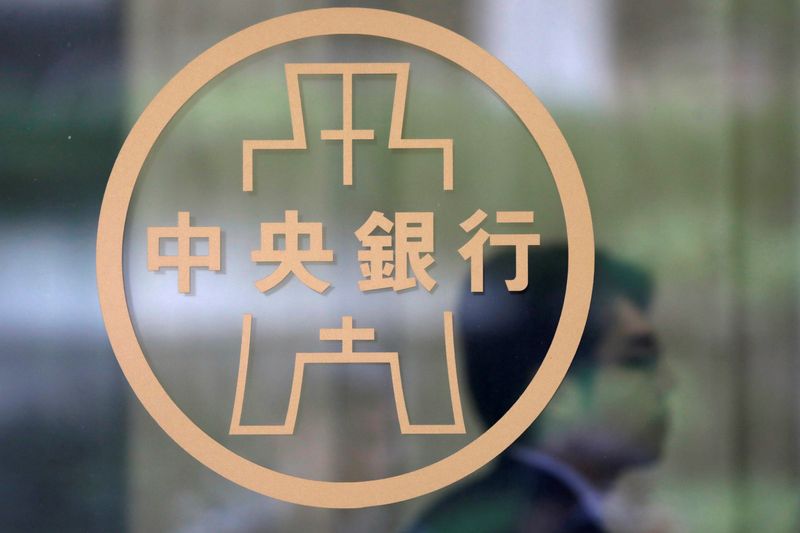TAIPEI (Reuters) -Taiwan has "smooth" communication channels with the United States and the two will keep talking on issues such as exchange rate policy, a Taiwanese central bank official said on Friday after the U.S. Treasury kept the island on its monitoring list.
Taiwan again exceeded the thresholds for two of three criteria on U.S. currency and economic practices, said the U.S. Treasury Department's semi-annual report on the Macroeconomic and Foreign Exchange Policies of Major Trading Partners, and so remains on the monitoring list.
Taiwan's trade surplus with the United States hit $40.22 billion last year and $37.03 billion in the first nine months of this year and the current account surplus was 14.7% of gross domestic product through the four quarters ending in June 2022, both well above Washington's thresholds.
A Taiwan central bank official told Reuters that communication channels between them and the U.S. Treasury were "smooth".
"In the future, the two sides will continue to communicate on issues such as economic outlook and exchange rate policy on the basis of good interactions," said the official, who was speaking on condition of anonymity.
The Taiwan dollar has depreciated around 13% against the greenback this year, due to aggressive U.S. interest rate increases and U.S. dollar strength as well as worries over slowing global economic growth and tensions with China.
Taiwan's central bank in the first half of this year sold a net $8.25 billion to intervene in the foreign exchange market to try and arrest the Taiwan dollar's devaluation.
By comparison, the central bank bought a net $9.12 billion for all of last year to intervene in the foreign exchange market when it was trying to prevent the Taiwan dollar appreciating too fast.

The currencies of competitor exporters Japan and South Korea have also weakened substantially against the U.S. dollar this year.
Taiwan was last formally labelled a currency manipulator by the United States in December 1992.